What Is Cloud Security?
What Is Cloud Security?
Cloud security (also called cloud computing security or cloud network security) is a broad term describing the policies, technologies, tools, applications, and controls that work together to protect a network’s cloud-based systems, data, and infrastructure. Cloud security solutions also help users protect their information from theft, data leakage, and other threats.
Like traditional network/IT security, cloud security can be tailored to any specific organization’s needs. However, cloud security brings with it certain advantages, and some potential disadvantages, not found in traditional security. Cloud security is heavily dependent upon which model of cloud computing is being used. Understanding each of these models, as well as the appropriate cloud security controls associated with each, can help ensure effective cloud computing without exposing vital data.
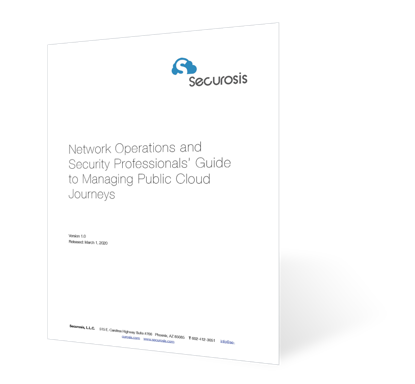
Cloud Environment Types
The four types of cloud environments are private cloud, public cloud, hybrid cloud, and multi-cloud. These cloud environments are arrangements in which single or multiple cloud services provide a system for enterprises and end users. Cloud environments break up the administrative responsibilities, including security, between a service supplier and their client. Below, we provide an outline of each of the cloud environment types.
Private Cloud Security
Private cloud is a form of shared responsibility model, wherein the cloud services are retained exclusively for a single tenant. The data center operating the private cloud is either maintained by the company or organization itself, or by a hosting provider.
Private cloud solutions are extremely popular with companies and organizations that have strict compliance requirements or companies that like to have complete control over their data location. Private cloud security can be managed by a business, a third party, or a combination of the two, but is exclusively used by single businesses or organizations. Compared to other cloud solutions, private cloud offers certain advantages — particularly in terms of cloud security. Within a private cloud, data is maintained in company-owned servers and managed by an on-site IT team and is accessible only to the organization in question. Even in situations where servers are located in off-site data centers, internal teams will access the private cloud via dedicated circuits or managed secure networks, rather than less secure, unmanaged internet connections. This allows for greater data privacy and reduced risk of data theft.
Additionally, cloud security should take into account the accessibility of security logs. In the event of a breach, public clouds may not allow individual businesses to access or review this sensitive data; this is not an issue when working within a privately owned and managed cloud.
Public Cloud Security
Public clouds are IT services that are completely operated by third-party cloud providers, such as Amazon, Google, or Microsoft. In public cloud computing, these service providers allow users (individuals, businesses, organizations) access to cloud-based resources, making possible increased scalability and resource sharing beyond what most individuals and companies are capable of, and generally at a lower cost than other cloud computing options.
Although public cloud security does not provide users with the same unrestricted data control and accessibility as private cloud, it does offer other advantages — cloud providers, whose businesses depend upon earning and keeping the trust of their clients, tend to employ more up-to-date and complete cloud security measures. And while data from one organization is invariably stored in servers alongside data from other organizations, public cloud providers generally employ strict policies designed to ensure that no cloud tenant can access data that doesn’t belong to them.
For businesses that need a reliable cloud solution but who do not have the resources to field their own IT cloud security teams, public cloud security is often the preferred option.
Hybrid Cloud Security
Hybrid cloud solutions are a combination of private and public cloud models. Hybrid clouds provide increased user flexibility, allowing data and applications to move between private and public environments. Hybrid clouds incorporate key advantages from private and public clouds. Traditionally, public clouds are used for high-user-volume, low-security needs, while private clouds are used for sensitive business operations. Pure traffic throughput and low-latency applications and services drive the need for a private cloud.
While the term “hybrid cloud” can refer to any cloud computing model that combines elements from different service architectures, most hybrid solutions consist of privately maintained, single-tenant servers enhanced by third-party cloud computing security and other resources. Additionally, organizations can reduce the strain on their own servers by allowing non-critical data to reside in the public cloud while keeping the more privacy- and latency-sensitive data in-house.
Multi-Cloud Security
Multi-cloud solutions are environments that simultaneously use two or more cloud services from different providers. This means, like hybrid clouds, they are typically a combination of public and private cloud models. In addition to providing more flexibility with enterprise choices, multi-cloud environments also reduce dependency on one cloud hosting provider.
Organizations that choose multi-cloud solutions can expect the following benefits:
- Ability to choose from different cloud providers to fit your business’s needs.
- Enhanced scalability with increasing demand.
- Decreased latency.
- Enlarged capacity to comply with regulatory and governance mandates.
- Reduced costs and footprint.
- Through the use of a multi-cloud strategy, your organization can pick and choose providers offering the best price for their services. This helps to ensure that providers resume pricing their services competitively.
Why Is Cloud Security Important?
The ability to store and manage data in the cloud has created a number of advantages for individuals and organizations worldwide. However, with these new advances in cloud technology, it’s important that critical data remain protected. And just as authorized, legitimate groups now have more freedom in accessing their data, threat actors likewise have more avenues by which to illegally enter restricted systems. This is why secure cloud computing is so important.
Cloud security addresses these evolving threats and provides organizations and individuals with solutions designed to ensure that vital data is kept safe. And with more and more data being moved to the cloud, and considering the legal responsibilities businesses have to their clients’ data, reliable cloud security solutions are becoming absolutely essential.
This is especially true when one considers the increased remote accessibility offered by cloud solutions. In many cloud models, critical data applications can be accessed by authorized individuals from anywhere in the world. And unfortunately, these employees may not always adhere to cybersecurity best practices. In such events, cloud security needs to be able to counter the potential damage caused by employee error.
Cloud Security Challenges
Undeniably, there is risk associated with managing data in the cloud. And whether one chooses to adopt a private, public, or hybrid cloud solution, that risk will always remain. That said, organizations can minimize threat exposure by recognizing that most cloud security issues stem from three underlying problems:
- Failing to manage security features effectively
- Failing to understand the shared responsibility model inherent to the cloud
- Failing to properly configure resources
Creating a reliable cloud security strategy — and regularly revisiting that cloud security strategy to ensure its continued effectiveness — can help ensure that cloud security features, IT teams, and employees can coordinate effectively to protect sensitive data stored in the cloud.
What to Look for in a Secure Cloud Computing Solution
Because of the challenges listed previously, organizations need cloud security tools capable of providing the following:
- Detailed, real-time analytics
- Reliable threat intelligence to identify potential dangers
- Complete visibility into activity within the cloud
With the number of advanced threats and dynamic, targeted attacks that organizations are facing today, cloud security is an essential solution.
Explore Gigamon to learn more about cloud security computing and other cloud solutions:
- Three Critical Benefits from Closing Your Cloud Visibility Gap
- Mind the Cloud Visibility Gap
- Securing the Next Normal of Financial Services Workplaces
- Modernizing and Securing State, Local and Education IT
- Migrate Workloads While Ensuring Security and Agility
- Secure My Cloud and Network
Featured Webinars
Hear from our experts on the latest trends and best practices to optimize your network visibility and analysis.

CONTINUE THE DISCUSSION
People are talking about this in the Gigamon Community’s Hybrid/Public Cloud group.
Share your thoughts today


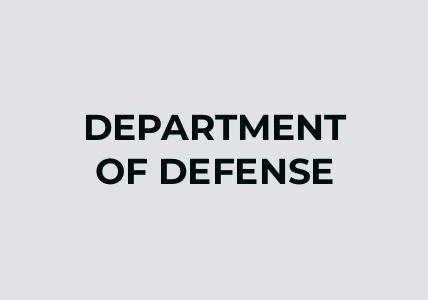
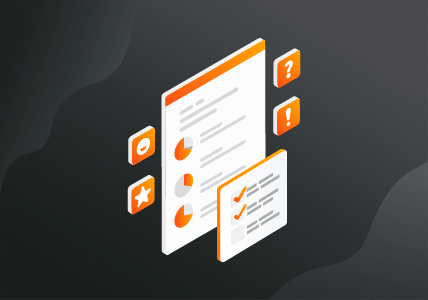
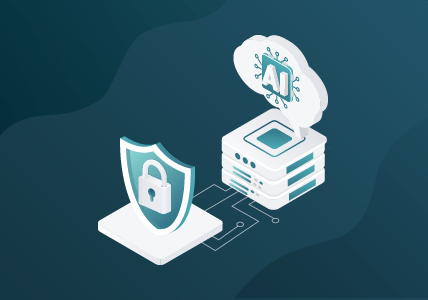


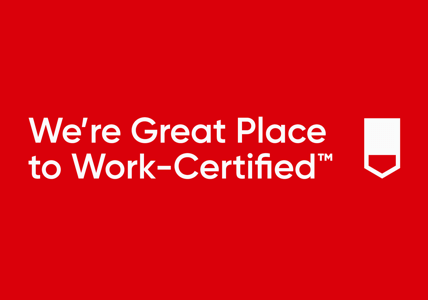
 Dan Daniels
Dan Daniels